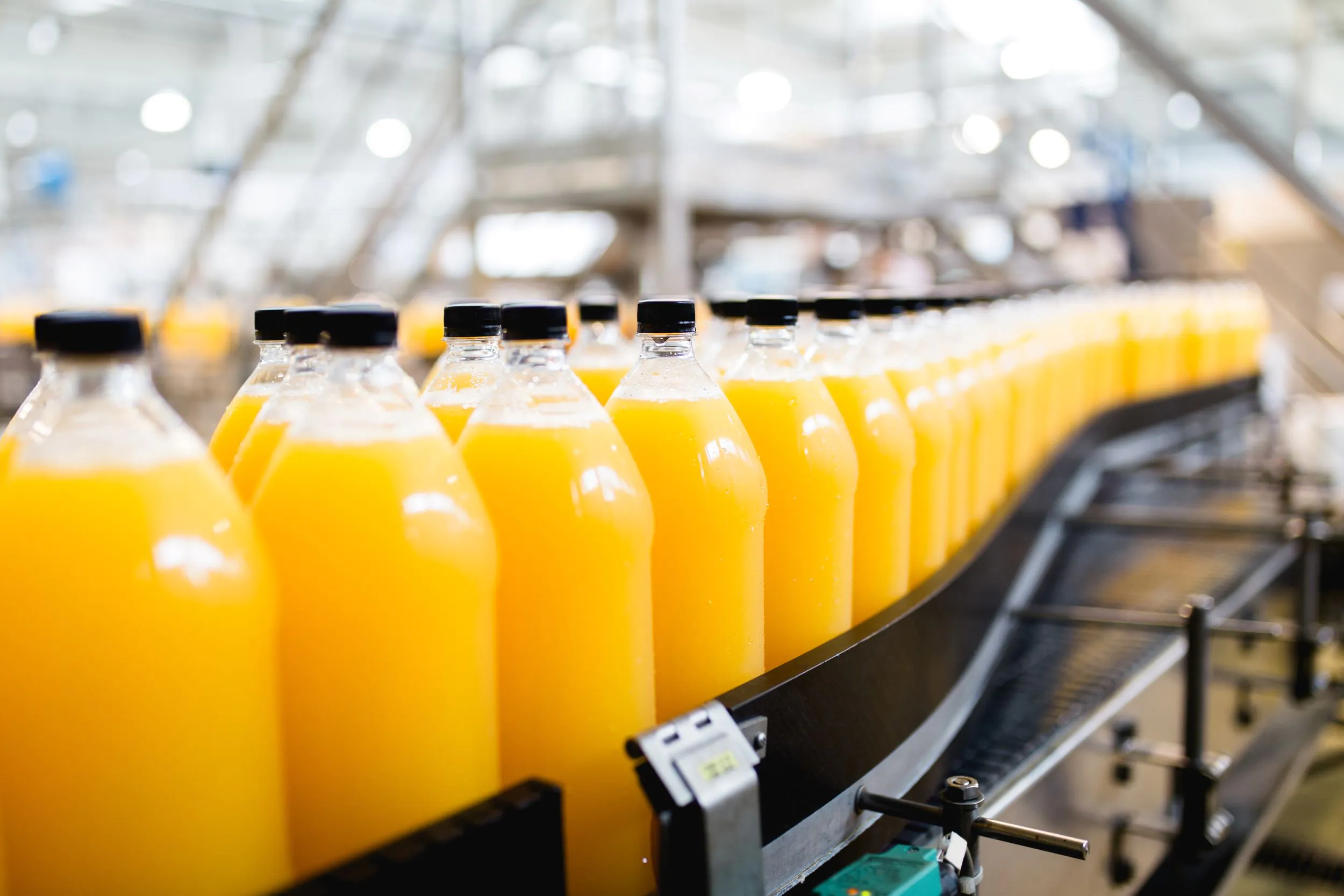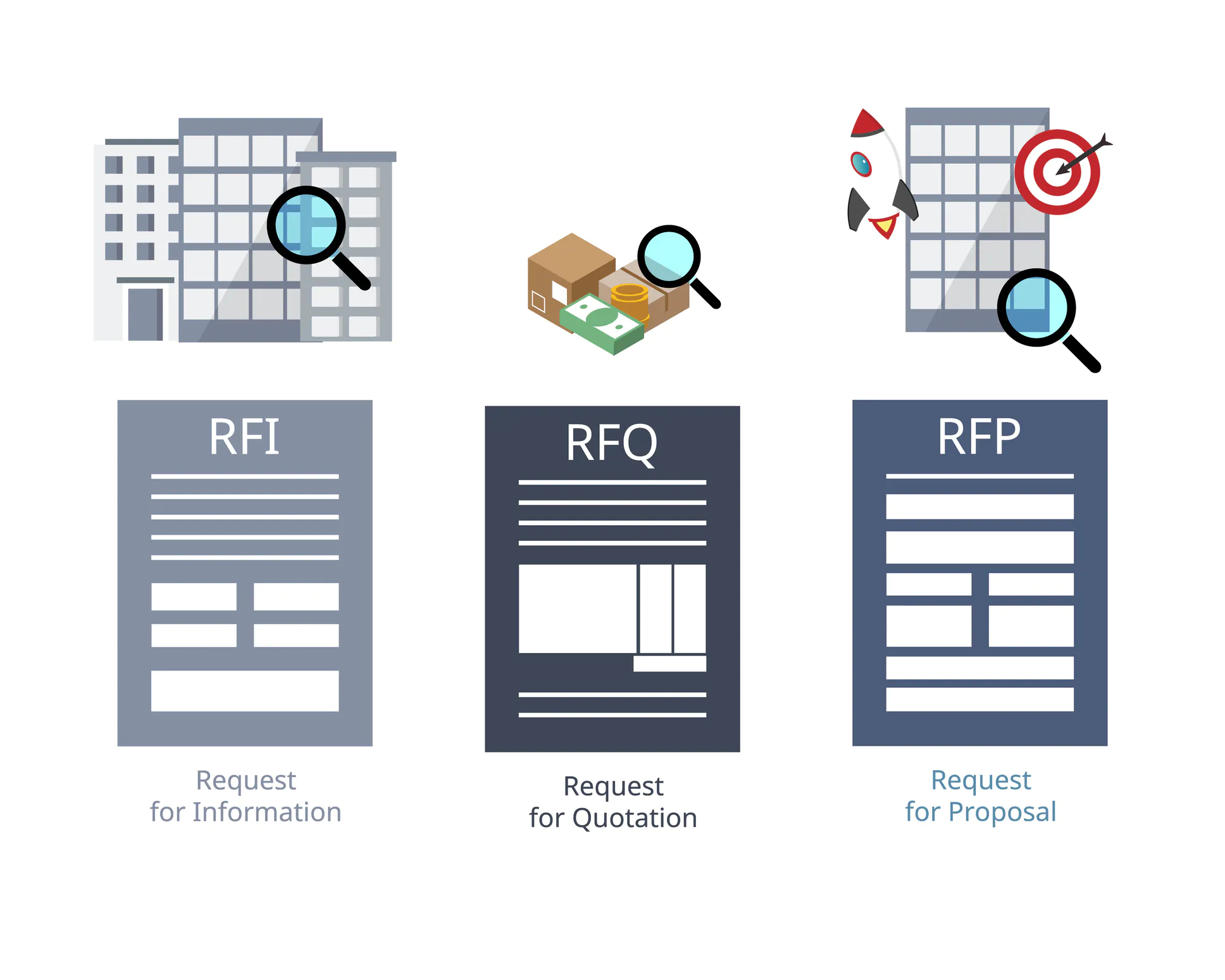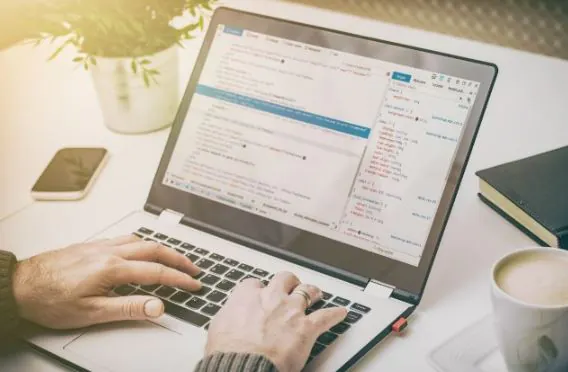The global beverages industry is a competitive one, with several manufacturing giants and numerous specialty and regional players. It has also faced its share of supply chain challenges due to the impact of the COVID-19 pandemic along with other factors. Companies are therefore on the lookout for ways to improve efficiency, make their products more appealing to consumers, and streamline the sales and customer service processes. There are a wide range of technologies available to beverage manufacturers and more are being developed and refined every day.
Automation
Businesses across industries are adopting automation for many reasons, and the beverages industry is no exception. Like many other sectors, the beverages sector is facing a shortage of workers, and automation is one way to help compensate for that. Robotics can operate with more accuracy and efficiency, and can reduce workers’ exposure to risk and difficult manual labor. Automated systems can produce more product with fewer workers, and also allow employers to draw on a bigger pool of workers as automation jobs don’t require the same level of physical fitness.
Internet of Things
The Internet of Things (IoT) is a valuable companion to automation and other technologies. It can connect robotics and other equipment to a central hub and allows them to collect data and be controlled remotely. The data gained from equipment can be used to measure production levels, schedule preventative maintenance, refine processes to improve efficiency, and much more. This allows for a greater amount of transparency into beverage manufacturing operations than can be gained with traditional factory setups.
IoT technology can also be of great use in the transportation process. Sensors can collect data on location, temperature, vibration, and other relevant factors, allowing manufacturers to track not only the progress of their products but also the conditions in which the products are traveling.
Sustainable Technologies
Sustainability is a growing priority for governments, manufacturers, and customers alike. With increasing pressure from both government regulation and consumer demand, it’s becoming more important for the beverage manufacturing industry to reduce its environmental impact. While this can sometimes require significant investments upfront, it can also reduce waste and cut down on expenses in the long run.
Aseptic filling is one practice that allows manufacturers to reduce their impact on the environment. It involves filling sterilized packaging with sterilized product, and in the case of beverage manufacturing it lowers the amount of acid needed in the manufacturing process. Aseptic filling creates safe and stable beverage products without using large volumes of preservatives. This has the added bonus of appealing to the growing segment of health-conscious consumers. It’s also faster than traditional bottling processes, allowing manufacturers to operate more efficiently.
There are many other ways to improve sustainability as well. Centrifugal separation and filtration, for example, is a process that maximizes product yield while improving quality. Adopting emission reduction technology, while not directly impacting product quality, can also help meet sustainability goals, improve the perception of the brand by customers, and reduce waste.
Online Operations
The global pandemic significantly accelerated the beverages industry’s adoption of technology. Automation helped manufacturers adapt to lockdowns, physical distancing requirements, and worker shortages. But in addition to that, many processes moved online that used to be done primarily or exclusively in person. While many of the restrictions created by the pandemic have ended, the industry continues to benefit from these changes.
By moving more systems online to enable remote work, virtual sales meetings, and other operations, businesses are able to more closely track orders and shipments and provide more information to customers, helping to improve relationships with retailers and wholesalers and to decrease lost and damaged shipments. More merchandise is now available for order online, making products accessible to a wider range of customers than before and providing those customers with extra flexibility and convenience in where and how they make purchases.
AI in the Beverage Manufacturing Industry
Artificial intelligence (AI) and machine learning (ML) have been in use in multiple industries for several years now. There are numerous ways this technology can benefit manufacturers during product design, in the factory, and in customer relations.
A common way that AI is used in the manufacturing sector is in analyzing data collected during production and from other sources. AI can help pinpoint issues such as bottlenecks, determine optimal operating parameters in the factory, calculate when to perform maintenance on equipment in order to minimize or prevent costly downtime, and more. AI reduces the risk of human errors and can also more easily detect product defects or other issues during production.
AI can also be of great benefit in sales and marketing. It is capable of analyzing large volumes of data about customer preferences and interactions, enabling it to make predictions about future market behavior and the types of products that will perform best, as well as determine the optimal target audience for a given product. In addition, it can be used to create personalized recommendations and marketing material for individual customers, something which would otherwise be so labor-intensive as to be unfeasible.
Virtual assistants are also being used with increasing frequency. Chatbots can be available to customers at all hours to help with basic queries and other issues, and are much more affordable than maintaining a 24-hour helpdesk run by humans. Problems that the AI cannot deal with itself can be forwarded to staff, but many questions can be answered without ever requiring the intervention of a real person.
Finally, many companies in the beverages industry are experimenting with using AI during product conceptualization and creation, particularly when it comes to developing new types of alcoholic beverages. AI systems are fed data on factors such as ingredient properties, existing beverages, customer preferences, and market trends. By analyzing the properties of various ingredients and how they interact with each other, these systems can develop new chemical compositions and flavor profiles that it would be difficult or impossible for humans to arrive at.
Mackmyra Whisky, for example, is one of several alcoholic beverage companies using AI to develop new products. The Swedish distillery recently partnered with tech company Fourkind to create a new whisky. They analyzed Mackmyra’s recipes along with customer feedback to generate potential new recipes. An expert then reviewed the recipes to determine which would actually work well as a product, and this information was fed back into the algorithm to refine its output until a winning recipe was chosen and put into production. Circumstance Distillery went through a similar process to develop a new gin, and Carlsberg is running a “Beer Fingerprinting Project” to identify flavor profiles and eventually produce new kinds of beer.
These are just a few of the ways that technology is changing the global beverages industry. As the market becomes more competitive and consumer expectations become stricter, these technologies will help companies streamline operations, maximize profits, and weather world-changing events such as COVID-19.



